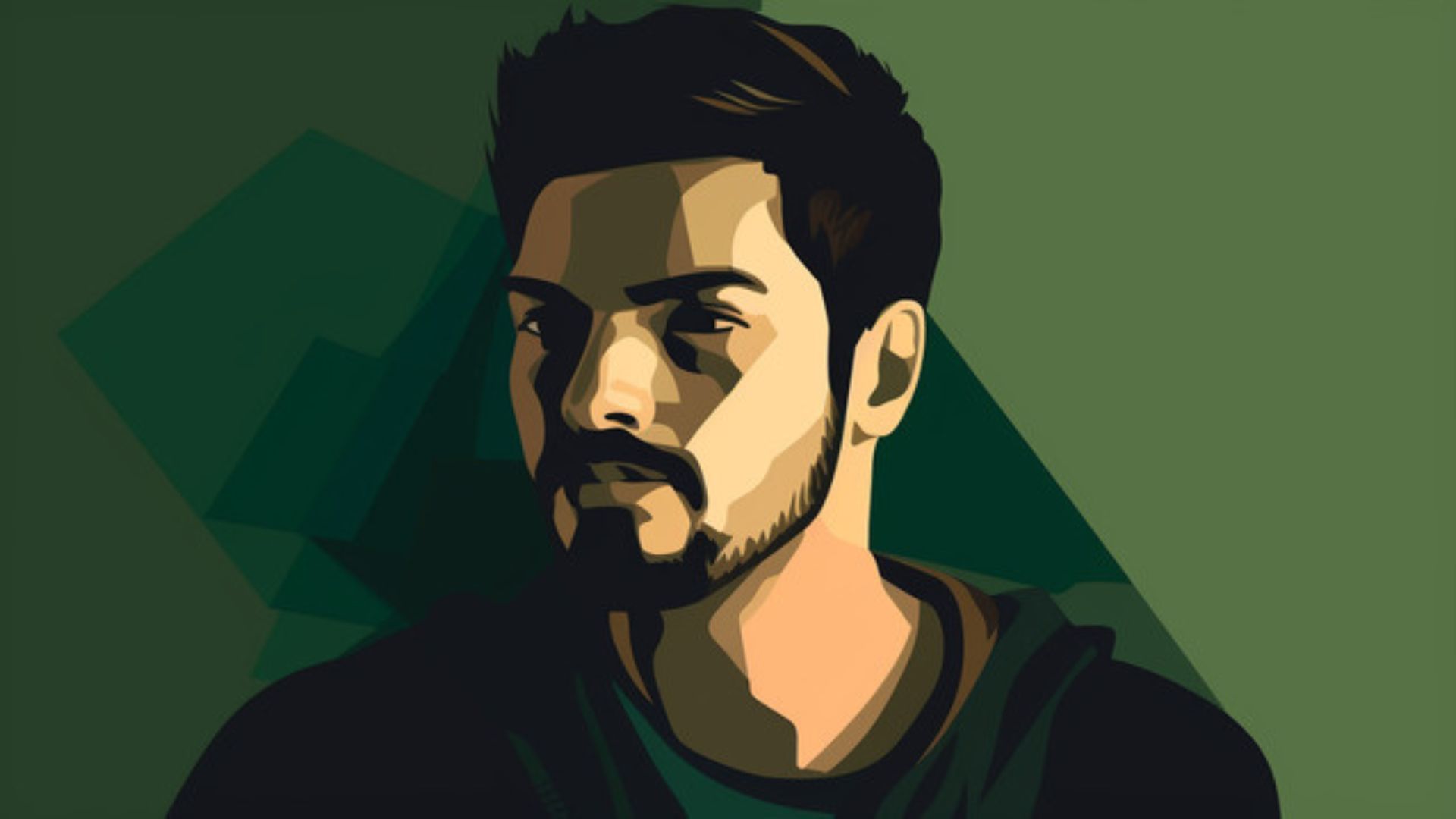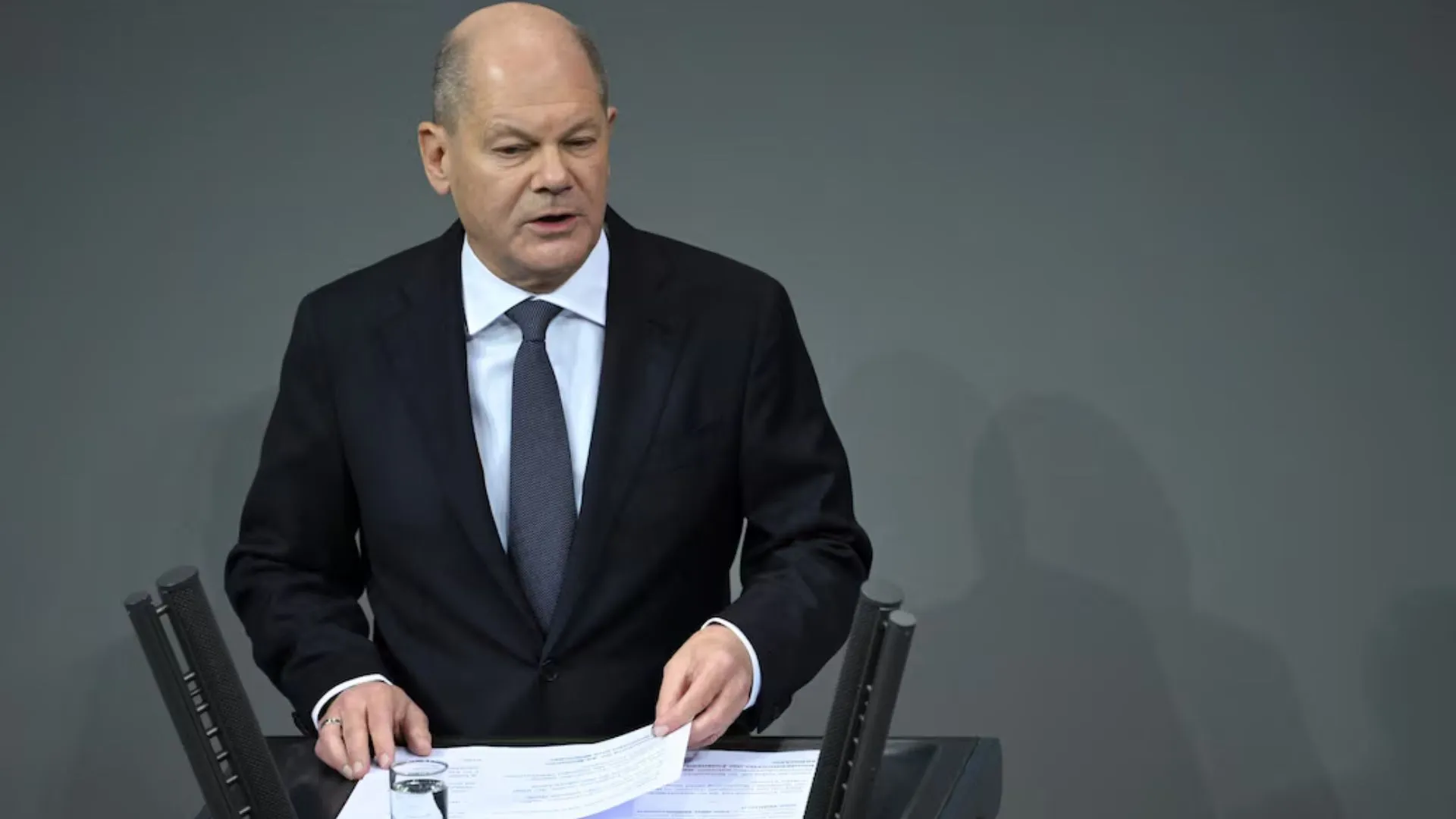Recently on 19th November, we celebrated International Men’s Day, a day dedicated to recognizing the contributions of men to their families and society as a whole. Men are often considered the strong pillars of both family and community. Even in religious contexts, men are often regarded as holding a positive and significant position. It must be acknowledged that men have played a very important role in our lives since all of us have male figures like fathers, brothers, boyfriends, husbands, or others in our lives, and they will remain an integral part of our lives and society.
It was Dr. Jerome Teelucksingh who initiated the celebration of Men’s Day in Trinidad and Tobago in 1999. He aimed to honor men’s achievements and address the various issues impacting their lives.
With passing times and social transformation problems and issues faced by the men have been changed. The stereotype that men don’t feel pain or cry has turned out to be a social myth that has denied their emotional vulnerability. Men, too, just like women are human beings with emotions and struggles. Recent social changes have made the shifting roles and perceptions of men come to the fore. While men throughout history tended to be only viewed as perpetrators of crimes, women were the ones recognized as victims. Today, both men are seen as potential victims while women as potential perpetrators in many areas.
As per the 2021 data of NCRB (National Crime Records Bureau) out of the total suicide cases, 81,063 were married men who died by suicide in comparison to 28,680 married women. Many of these men were reportedly subjected to domestic violence and the irony of our legal system lies in the fact that under the Domestic Violence Act of 2005, men can only be recognized as perpetrators but not as victims. In a field study conducted in Haryana where 1000 males were questioned about their experience of gender-based violence. Among them, 52.4% of men had experienced gender-based violence. 51.5% of the males experienced violence at the hands of their wives/intimate partners at least once in their lifetime and 10.5% in the last 12 months. This study found that emotional violence is the most common form of spousal violence, followed by physical violence. Despite having study reports and statistical data to support this, our legislature has failed to recognize that men, too, can experience domestic abuse. There is an urgent need for a more inclusive legal framework that ensures justice for all, irrespective of gender.
In another study conducted by the International Institute for Population Sciences (IIPS) found that the suicide rate among Indian men is 2.5 times higher than that of Indian women. These statistics highlight the increased vulnerability of men to mental health crises and suicides.
Men are also victims of sexual abuse, enduring the same physical and psychological trauma as women. However, society has yet to acknowledge men as vulnerable in this regard. The myth that men can only be accused and not victimized perpetuates harmful stereotypes. To truly honor International Men’s Day, we must change our perception of the issues faced by men. Legal systems often fail to provide adequate protection for men. Acknowledging that men can also be victims is essential to addressing their struggles. Male victims of violence, abuse, or discrimination require legal remedies and societal acceptance. Gender-neutral laws are the need of the hour. The increasing suicide rates among men underline the urgent requirement for specialized healthcare and attention to their mental health.
For instance, in the Gorakhpur case, a 23-year-old man died by suicide after being sexually assaulted by four men. The shame and trauma he endured were not taken seriously by society, reducing him to an object of ridicule. Such incidents reflect the societal failure to empathize with male victims, perpetuating their suffering.
If we want to protect the rights and well-being of men, it is critical to establish a National Men’s Commission, akin to the National Commission for Women in India. By acknowledging men’s vulnerabilities and ensuring their legal and emotional protection, we can celebrate International Men’s Day in its truest sense. Otherwise, the celebration of this day becomes hollow and meaningless.
It’s the responsibility of everyone to provide a safe and secure environment for every individual. So that men can freely express themselves, just as women can, to ensure their emotional well-being and save lives. In a patriarchal society, such openness is uncommon and often discouraged. If we want to solve this issue then we have to change our mindset. We have to initiate these changes from our family first as family is the first school where kids learn what is right and wrong. It will be difficult task to change the perspectives of the older generation, we can foster a positive shift in the mindset of the younger generation. By teaching them the value of equality and providing them with a safe space to share their feelings, we can pave the way for a more inclusive and supportive society.
The true essence of the Right to Equality, as enshrined in the UDHR and the Indian Constitution, will be realized only when we treat everyone equally—not just in the eyes of the law but also in addressing health issues, pain, fear, and trauma, as these affect all individuals equally.
Dr. Pyali Chatterjee, Head of the Department, Faculty of Law, The ICFAI University, Raipur, Chhattisgarh, India

















